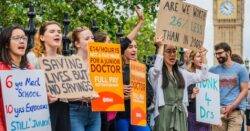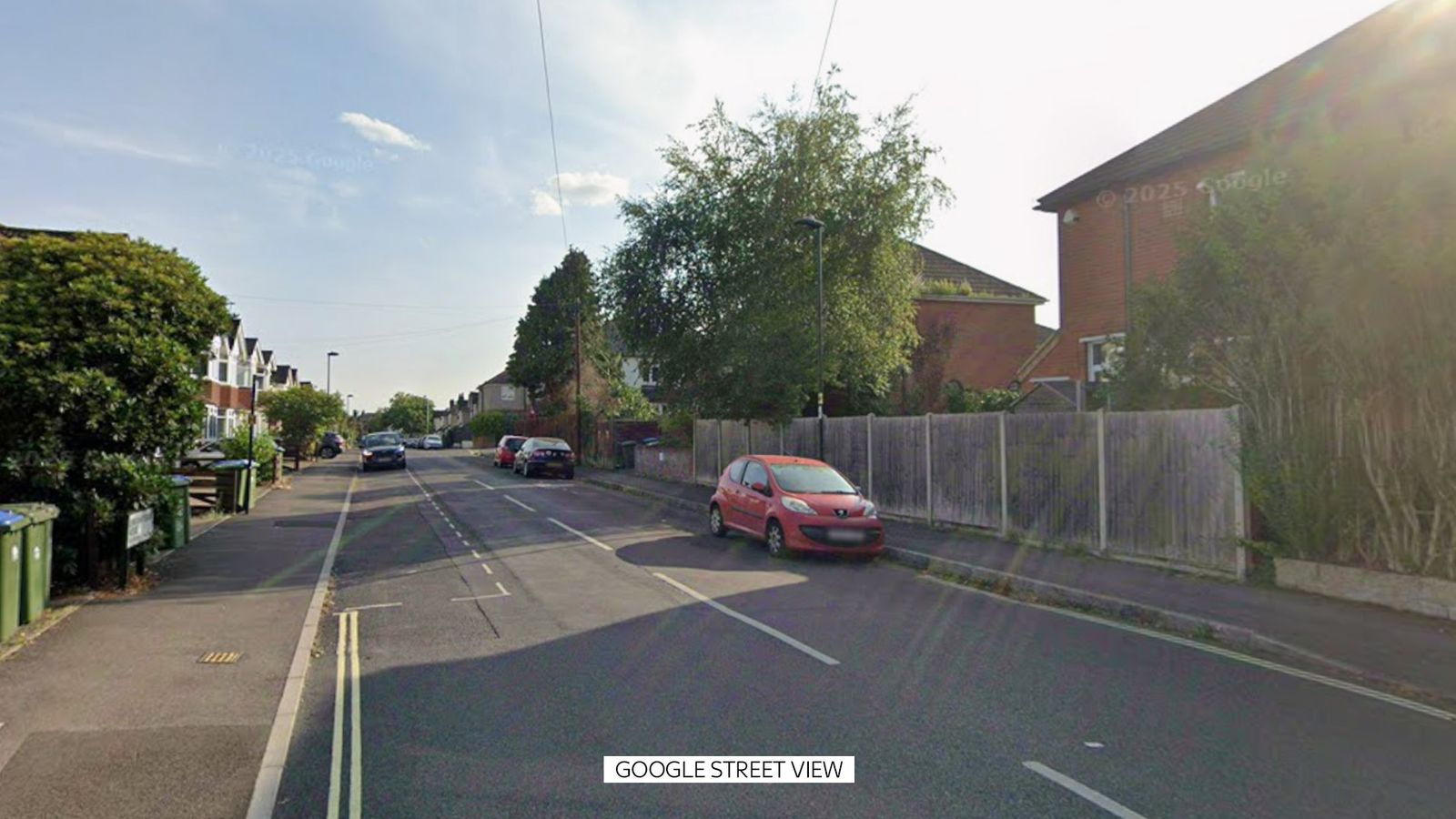Millions of workers are set to get a pay rise under the new plans (Picture: Guy Bell/Shutterstock)
The government has announced pay rises of at least six per cent for millions of public sector workers.
Teachers will be given a 6.5 per cent pay rise in an attempt to end long-running industrial action, while junior doctors will also receive a six per cent rise.
Police officers will receive a seven per cent increase.
Armed forces personnel will receive rises of between five and six per cent.
According to The Times, the PM accepted the recommendations of all the independent pay review bodies despite concerns that raises could fuel inflation.
The government will not borrow more to fund the raises, meaning departments face a £3 billion squeeze on their budgets.
Ministers are said to accept that there is a ‘tacit’ agreement to give their personnel the recommended pay rises as they are unable to strike.
Jeremy Hunt earlier said the Government would take ‘difficult but responsible’ decisions on pay against a backdrop of a doctors’ strike, a weak economy and persistent high inflation.
The Treasury has ruled out increasing borrowing to pay for wage rises, meaning any extra cash for workers may have to come from raiding existing departmental budges, potentially meaning cuts to services.
The current level of CPI inflation is running at 8.7% and Mr Sunak – who has promised to cut it to around 5.3% by the end of the year – wants to avoid pay increases which could fuel a wage-price spiral.
Mr Hunt told MPs on Thursday that ‘it is important to deliver on the Prime Minister’s priority to get debt falling and to control borrowing to avoid adding inflationary pressures and risk prolonging higher inflation’.
‘That means taking difficult but responsible decisions on the public finances, including public sector pay, because more borrowing is itself inflationary.’
The wider economic challenge facing the Chancellor and Prime Minister was illustrated by official figures showing the UK economy contracted in May.
Disruption to thousands of planned appointments is expected as junior doctors in England on Thursday started their longest walkout yet in protest over pay.
The strike started at 7am and ends at the same time on Tuesday.
Meanwhile, teachers from the NASUWT union in England plan to stage continuous action short of strikes starting in September, although its members could still walk out in the autumn if the row continues.
Deputy Labour leader Angela Rayner refused to say whether her party would back the pay review body proposals for public sector workers, saying she does not have access to the Treasury books.
Speaking at the Institute for Government, she said: ‘I haven’t seen the books that the Government have got. We don’t have access to the Treasury and where they’re up to now.’
She added: ‘We would obviously look at what the pay review bodies have said and what their recommendations are and we’d look at how we negotiate that and get a settlement on it. And that’s the best I can give you at the moment.’
This is a breaking news story, more to follow soon… Check back shortly for further updates.
Got a story? Get in touch with our news team by emailing us at [email protected]. Or you can submit your videos and pictures here.
For more stories like this, check our news page.
Follow Metro.co.uk on Twitter and Facebook for the latest news updates. You can now also get Metro.co.uk articles sent straight to your device. Sign up for our daily push alerts here.
It is understood that teachers will be given a 6.5 per cent pay rise in an attempt to end long-running industrial action.





